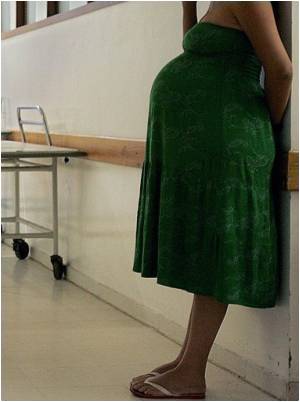- Researchers discover significant changes in the maternal immune system which work to protect the fetus
- The study also found that immune modulation in the maternal brain also continues post-pregnancy during the post-partum period.
Altered Neuroimmune function in pregnancy and post-pregnancy
Researchers have discovered significant evidence that the maternal immune system changes during pregnancy to protect the fetus and prevent the mother’s immune system from attacking it. The peripheral immune system (PIS) usually remains in the resting state until activation by a specific antigen. The PIS has a major role in autoimmune disorders where the body’s cells and tissues are mistaken as foreign invaders. The researchers found that during pregnancy, there are major changes in the PIS. This means that women with autoimmune disorders actually find the symptoms abating during pregnancy. While women do get relief from the autoimmune disorder symptoms, the suppression of the PIS also makes them more vulnerable to infections which would have otherwise been taken care of through immune responses. In a study by Haim et al (2016), the team looked at changes in microglial counts and cell morphology during pregnancy and post-partum period. Microglial cells mediate immune responses in the central nervous system. These cells act by cleaning out cellular waste and dead neurons from nerve tissue. Thus these cells serve as macrophages. While this team looked at the actual function of microglial cells during pregnancy, there was no study yet on neuroimmune responses during pregnancy.The conclusion remains that while women with autoimmune disorders get relief during pregnancy, the system’s immune response is greatly lowered thereby making it prone to pathogenic infections.
What is neuroimmune system?
The neuroimmune system is responsible for the body’s immunity and response to inflammation. The innate immune system is a global defense against pathogens. The adaptive immune system Immune Clock of Pregnancy may Help Doctors Predict Preterm Birth is responsible for defense against specific pathogens. The autonomic nervous system gets activated in response infection or injury and this response has a major effect on immune function and inflammatory conditions.In autoimmune conditions, the body’s immune system attacks and destroys the healthy body cells or causes some changes in the organ functions. Autoimmune disorders can affect multiple tissues and organs like blood vessels, connective tissue, endocrine glands, joints, muscles, skin and red blood cells. There are more than 80 autoimmune disorders and some of the common ones include type 1 diabetes, psoriasis, multiple sclerosis Lupus and rheumatoid arthritis.
References:
- Sherer, Morgan L., Caitlin K. Posillico, and Jaclyn M. Schwarz. "An examination of changes in maternal neuroimmune function during pregnancy and the postpartum period." Brain, Behavior, and Immunity 66 (2017): 201-209.
- Stewart J., Carneiro J. (1999) The Central and the Peripheral Immune Systems: What is the Relationship. In: Dasgupta D. (eds) Artificial Immune Systems and Their Applications. Springer, Berlin, Heidelberg. DOI https://doi.org/10.1007/978-3-642-59901-9_3
- Autoimmune disorders - (https://medlineplus.gov/ency/article/000816.htm)
Source-Medindia
















